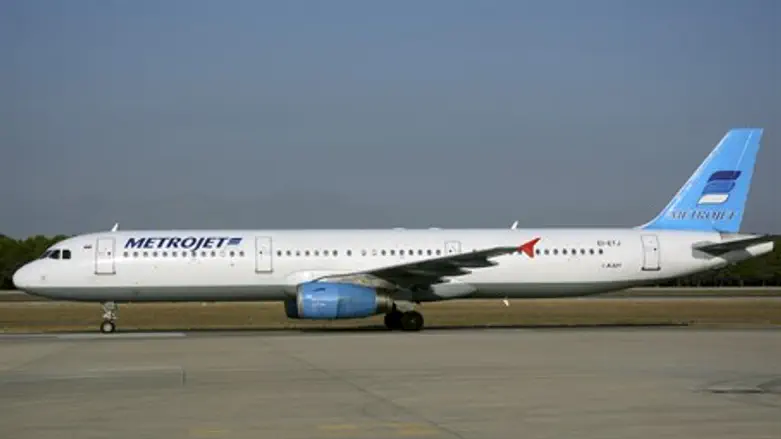
US intelligence officials dismissed the possibility that a surface-to-air missile downed a Russian plane in the Sinai last week, saying the idea is "off the table."
The US official noted that, in Washington's estimation, what really downed the plane was a "flash or explosion" over the Sinai, and noted that the plane disintegrated at a "very high altitude."
"There is no evidence a missile of any kind brought down the plane," the official emphasized to NBC News late Monday night.
But that view contradicts the assessment of US director of Intelligence James Clapper, who stated to the Associated Press hours earlier that he "wouldn't rule out" terrorist involvement.
The Metrojet plane, bound for St. Petersburg in Russia, crashed 23 minutes after it took off from Egypt’s Red Sea resort of Sharm el-Sheikh on Saturday morning. The 224 people on board, all Russian except for four Ukrainians and one Belarusian, died.
Islamic State (ISIS) has claimed responsibility for the downed plane.
But Egyptian aviation authorities have argued that the plane disappeared off the radar at 9,450m (31,000ft) - well beyond the range of shoulder-launched surface-to-air MANPAD missiles ISIS in Sinai is known to possess.
Egyptian authorities have further assessed that no external object hit the aircraft, based on preliminary examinations of the plane's "black boxes" - the flight data recorder and flight voice recorder, which provide technical and audio information from the last 30 minutes of flight.
Both boxes are reportedly in good condition. Experts from France, Russia, Egypt and Ireland, as well as Airbus, will examine the boxes in-depth over the coming days.
